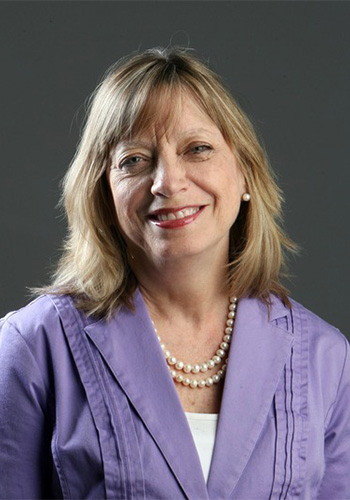IARJ@work: IARJ co-founder part of Pulitzer-winning investigative team
Peggy Fletcher Stack reflects on critical role of religion journalism
NOTE from Editor David Briggs: Peggy Fletcher Stack, religion writer for The Salt Lake Tribune and a founding member of the International Association of Religion Journalists, was part of the investigative team at the Tribune that won the Pulitzer Prize for reporting on rapes at Utah colleges. Peggy’s article placed the events in the context of evolving attitudes about sexuality and sexual assault held by members of The Church of Jesus Christ of Latter-day Saints. We asked Peggy to share some thoughts on her experience, including the importance of a religion journalist writing about the context of how the faith and practices of the majority faith in her city were important to understand as part of the overall issue. She also reflects in her writing below on an issue all of us face throughout the world: treating the majority faith the same way we would any other belief system.

Sexual assaults occur on every college campus in the country, but LDS Church-owned Brigham Young University faces a unique challenge — how to treat victims with compassion, while also holding them to the church’s strict honor code standards of behavior.
In many cases, that meant the school investigated victims and what they may have been doing at the time of the assaults. Were they drinking, in a guy’s bedroom, out after curfew, or breaking any of the school’s myriad rules?
Many victims told our reporters that they felt doubly victimized – by the attackers and by the school. Some predators actually used victims’ rule-breaking to buy their silence.
That’s where I came in.
We wanted to explore how Mormon attitudes (past and present) about sexuality have influenced the school’s approach, how the majority faith viewed sexual assault (including victim blaming) and how ecclesiastical authorities treated it.
As a longtime religion writer, I could bring necessary breadth, depth and context to any discussion of Mormon sexual behavior. I knew the evolving views of sex and gender roles/assumptions in Mormonism as well as current church teachings.
The result was my story, How outdated Mormon teachings may be aiding and abetting
My colleague Erin Alberty supplied the victim anecdotes, and I did all the reporting/analyzing on the Mormon ideas.rape culture
.
As to your second question, it is, indeed, tough to treat a majority faith the same as any other, when it dominates every aspect of the community.
In some ways, we don’t. We write more about the LDS Church, its leaders, its followers, even its critics; we examine its policies and teachings more closely; we pay more attention to its inner workings and influences on the culture.
To do less would be a disservice to our readers (both inside and outside the faith) who have keen interest in the religion and its effect on their state, city and neighborhood. In our case, Mormonism is not just Utah’s predominant faith; it also is headquartered here.
Because of our coverage, the LDS Church from time to time has written harshly about my work and me—by name. I know that reporting critically about issues within it will bring a barrage of hostility from leaders and members alike. My email and voicemail fill up with ringing insults (wish they were more creative in their slurs) all the time. But there also are allegations that I am merely a puppet of the church. If both sides hate me, that gives me a measure of confidence that I am maintaining a good balance.
The way I navigate it is by cultivating credible sources within the church and outside it, whom I trust to give an honest account of their observations, data and questions. We never take up the question of truth claims, but look instead at practices, rituals, beliefs, and how they play out in individual lives and in the community.
Being on the Pulitzer-winning team as a religion writer was particularly satisfying, given how often the faith beat is dismissed or overlooked. I feel that every newspaper and media outlet could benefit by having a reporter who is knowledgeable about these issues, knows how to listen with an open-mind, can express empathy for believers, while holding them to a journalistic standard. It’s a tricky assignment, but one well worth it.
This is my 26th year on the beat; it’s the only one I have ever had or would want.
Share Your News
In this occasional series of timely updates, which we call “IARJ@work,” the editors of the IARJ website hope to inspire our members with news items—from our members. Have you attended a major event or conference recently? Have you reached a career milestone, such as publishing a book, completing a major magazine article or releasing a documentary film? We would like to know about that—and would like to help tell the larger world about the ongoing efforts of our members.
If you are an IARJ member, email your news to Web Editors Elisa DiBenedetto ([email protected]) or Larbi Megari ([email protected]). We invite journalists to respond in any language that is most appropriate. If you are not a member of IARJ, and would like to learn more about our work, please follow us on Twitter: https://twitter.com/RJournalists If you are a journalist interested in covering religion-related news stories, please see the Become a Member box on our front page.
